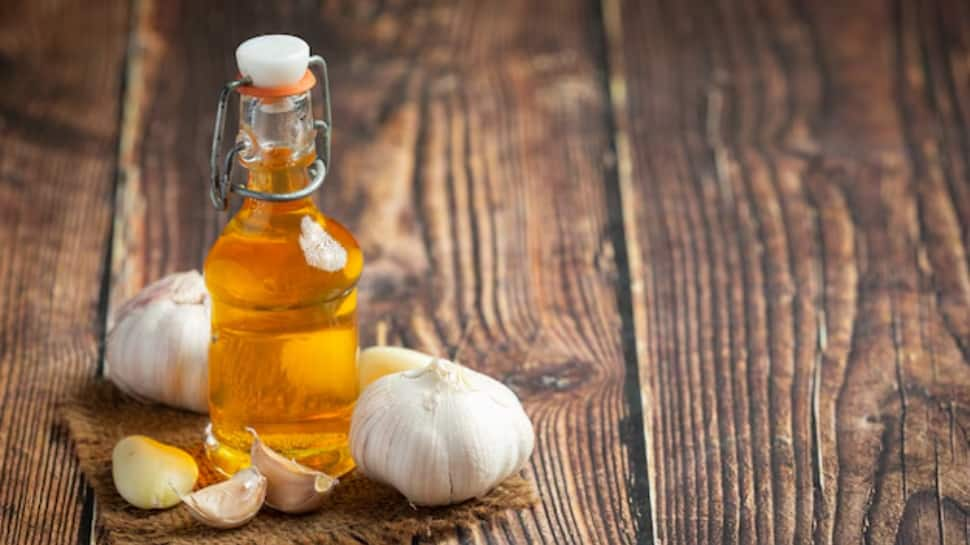Ear pain can be uncomfortable and distracting, often caused by infections, wax buildup, or inflammation. While modern medicine offers effective treatments, many people turn to traditional remedies for relief. One such age-old remedy is garlic-infused oil, which has been used in many cultures to ease earaches.
Why Garlic?
Garlic is well-known for its medicinal properties. It contains allicin, a compound with natural antibacterial, antifungal, and anti-inflammatory effects. For centuries, it has been used in home remedies to fight infections and reduce pain, making it a popular choice for ear discomfort.
How Garlic-Infused Oil Is Prepared
Garlic-infused oil is usually made by gently heating crushed garlic cloves in olive or sesame oil. After straining, the cooled oil is applied in small drops to the affected ear. This oil is believed to:
Help reduce bacterial or fungal growth.
Soothe inflammation and swelling.
Provide mild pain relief.
Can It Relieve Ear Pain?
(Also Read: Almond Oil Vs Coconut Oil: We Settle The Age-Old Debate On Which Is Best For Your Scalp)
Some studies and anecdotal evidence suggest garlic oil may help reduce mild ear pain and support healing due to its antimicrobial properties. However, it is not a substitute for medical treatment in cases of severe infection. It may provide temporary relief but should be used with caution.
Precautions to Keep in Mind
Do not use if you have a ruptured eardrum or ear discharge.
Always ensure the oil is lukewarm, not hot, to avoid burns.
Garlic oil is not a cure for serious infections and should not replace prescribed antibiotics.
Consult a doctor before using it for children, as their ears are more sensitive.
Garlic-infused oil may provide natural relief for mild ear pain thanks to its antimicrobial and anti-inflammatory properties. However, it should be used carefully and never as a replacement for medical care in serious conditions. Think of it as a complementary remedy rather than a primary cure.
(This article is meant for informational purposes only and must not be considered a substitute for advice provided by qualified medical professionals.)

